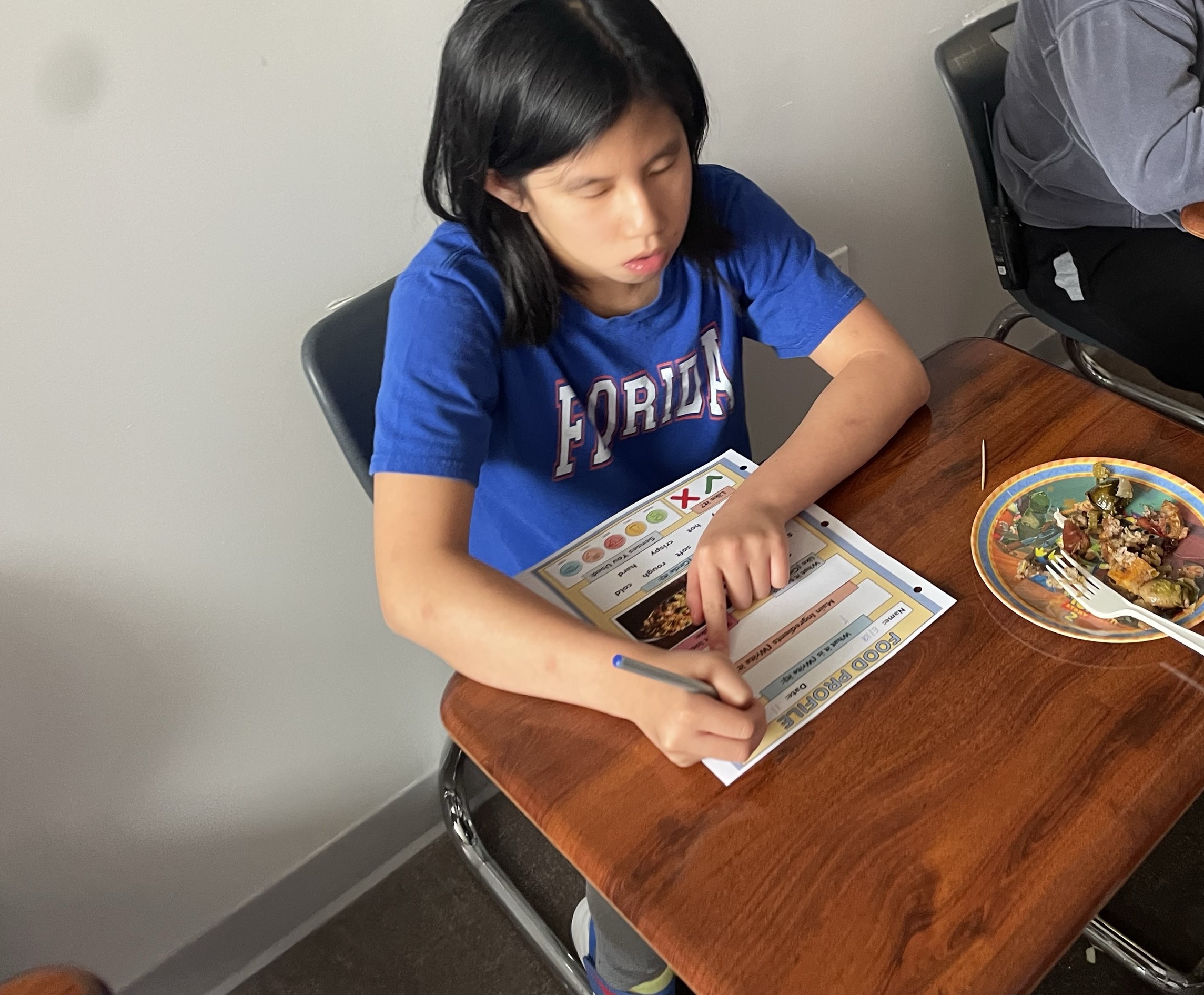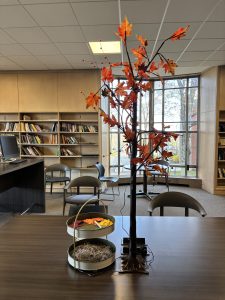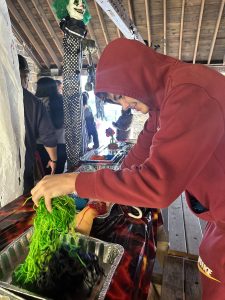Thanksgiving is a time for family, gratitude, and celebration, but it can also present challenges for families with an autistic loved one. With careful planning and thoughtful adjustments, the holiday can be enjoyable and meaningful for everyone involved. Here are some practical tips to ensure a successful Thanksgiving that accommodates the needs of an autistic family member.
- Prepare in Advance
Discuss the holiday plans well ahead of time. Use tools like calendars or visual schedules to outline the day, including guests, meals, and activities. If social stories are helpful, create one to explain what will happen during Thanksgiving. - Plan for Sensory Sensitivities
Identify potential sensory triggers such as loud conversations, crowded spaces, or strong food smells. Create a quiet space where your autistic family member can retreat if they feel overwhelmed. Noise-canceling headphones or comfort items can also be helpful. - Adjust the Menu
Include familiar foods that your autistic family member enjoys. If they are a picky eater or have dietary restrictions, plan dishes that suit their preferences to ensure they feel included. - Practice Social Situations
Role-play or rehearse greetings, conversations, and other social interactions that may occur during the holiday. This preparation can boost confidence and reduce anxiety. - Set Clear Expectations for Guests
Inform other attendees about your family member’s needs. Encourage understanding and acceptance, especially if certain behaviors may seem unusual to others. This helps create a supportive environment. - Stick to a Routine When Possible
Maintain familiar routines as much as possible, including regular meal and bedtime schedules. A predictable structure can help reduce stress and make the day more enjoyable. - Use Visual or Verbal Cues
If transitions between activities are challenging, provide clear warnings or cues. For example, let your family member know when it’s almost time for dinner or when an activity is about to change. - Respect Their Preferences
Don’t force participation in activities if your family member isn’t comfortable. Allow them to engage in a way that feels right for them, whether that’s sitting at the table or observing from a distance. - Prepare for Changes or Challenges
Be ready for flexibility. Despite careful planning, unexpected situations may arise. Stay calm and supportive, and adapt as needed to keep everyone comfortable. - Focus on Connection, Not Perfection
Remember, Thanksgiving is about spending time together and creating positive memories. Celebrate small moments of connection, and don’t stress if everything doesn’t go as planned.
With thoughtful preparation and a flexible mindset, your Thanksgiving can be a warm and welcoming celebration for all family members.





